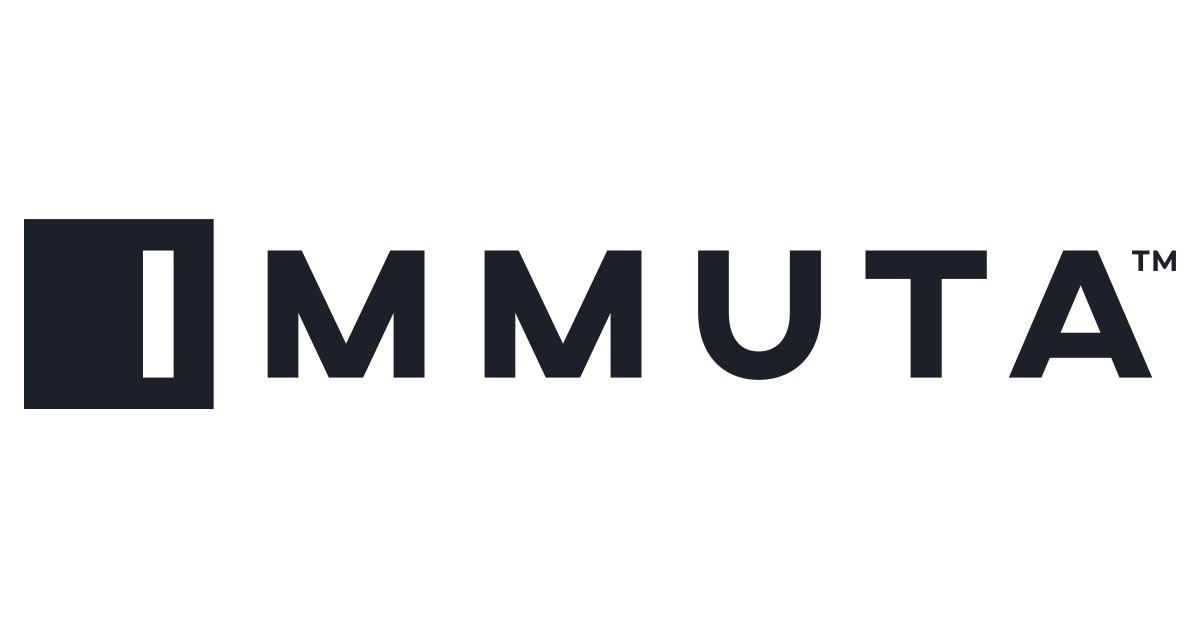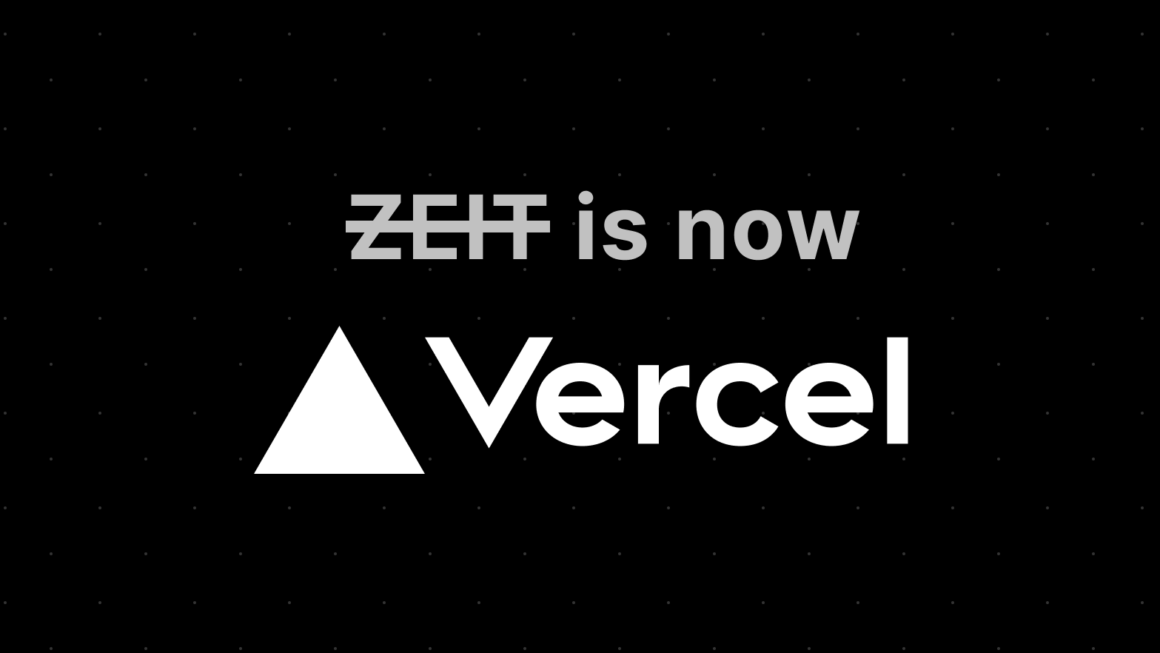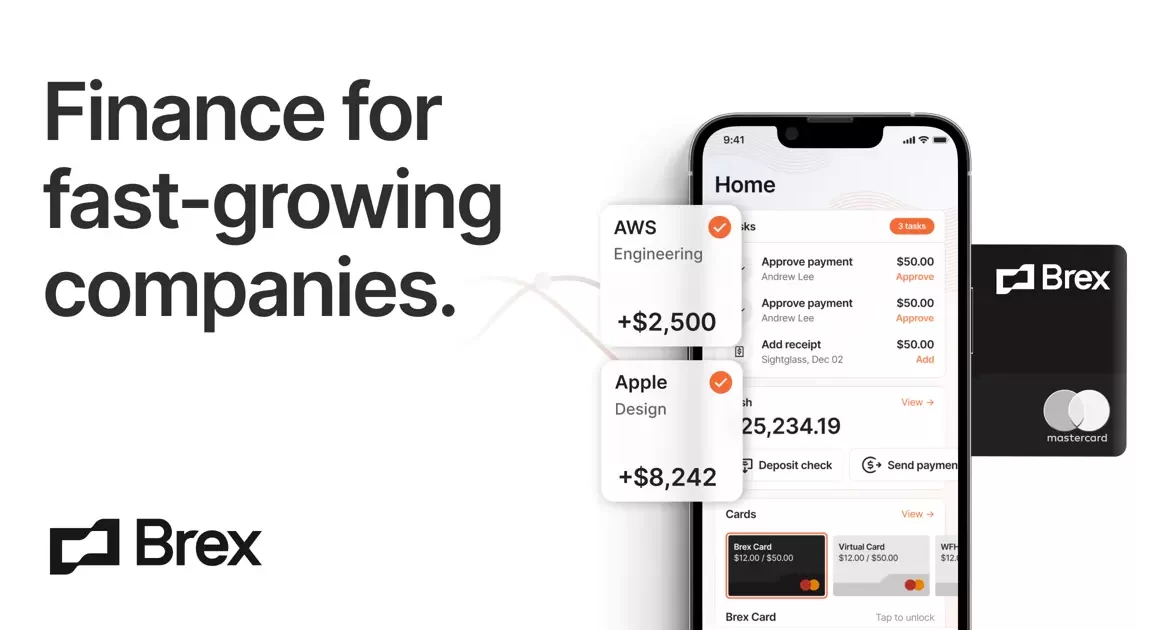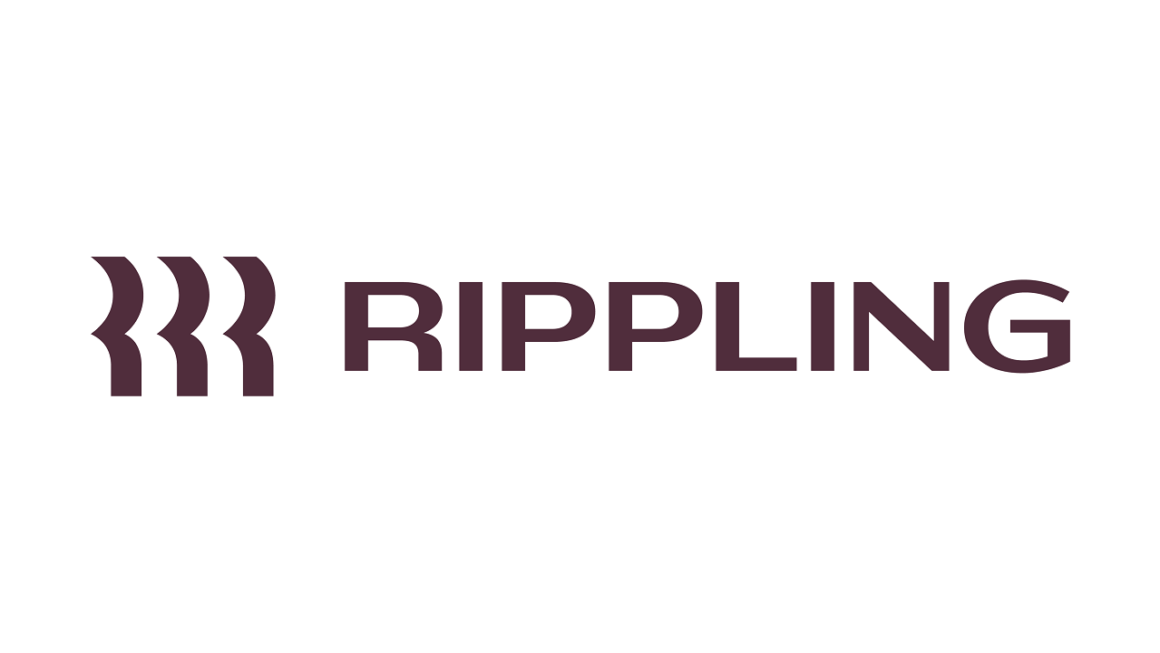Immuta is a cybersecurity company that provides a platform for managing sensitive data. The company’s platform allows organizations to classify, protect, and analyze sensitive data across their entire IT environment. Immuta’s platform is used by a variety of organizations, including Fortune 500 companies, government agencies, and financial institutions.
Immuta was founded in 2015 by Matthew Carroll, Steve Touw, and Mike Schiller. The company is headquartered in Boston, Massachusetts, and has raised over $500 million in funding. In 2022, Immuta was named to Forbes’ Cloud 100 list of the top private cloud companies in the world.
Immuta’s platform uses a variety of technologies to protect sensitive data, including:
- Data classification: Immuta’s platform allows organizations to classify sensitive data based on a variety of factors, such as the data’s sensitivity, its location, and its usage.
- Data masking: Immuta’s platform can mask sensitive data so that it cannot be accessed or viewed by unauthorized users.
- Data access control: Immuta’s platform allows organizations to control who has access to sensitive data and what they can do with it.
- Data lineage: Immuta’s platform tracks the lineage of sensitive data, so that organizations can see how it is being used and where it is located.
Immuta’s platform is a cloud-based SaaS solution that is easy to deploy and use. The platform is also highly scalable, so it can be used by organizations of all sizes.
In 2022, Immuta announced a number of new features and capabilities for its platform, including:
- Immuta Data Analytics: This new feature allows organizations to analyze sensitive data without having to expose it to unauthorized users.
- Immuta Data Governance: This new feature provides organizations with a centralized view of their sensitive data and how it is being used.
- Immuta Data Protection: This new feature provides organizations with additional protection for their sensitive data, such as encryption and tokenization.
Immuta is a rapidly growing company with a bright future. The company’s platform is well-positioned to help organizations protect their sensitive data in the face of increasing cyber threats. With its innovative features and strong partnerships, Immuta is well-positioned to become a major player in the cybersecurity market.
Founding History of Immuta
Immuta was founded in 2014 by Matthew Carroll, Steve Touw, and Mike Schiller. The company’s journey began with a shared vision of addressing the challenges organizations face when managing and governing sensitive data in complex data environments.
The founders recognized that as data proliferates across various systems and sources, organizations struggle to enforce data access controls, comply with regulations, and protect privacy. They saw an opportunity to build a platform that would provide a unified solution for managing and governing data while ensuring privacy and compliance.
Matthew Carroll, who previously worked in the intelligence community, brought extensive experience in dealing with sensitive data and the associated challenges of access control and privacy. Steve Touw, with a background in distributed systems and data integration, brought technical expertise in developing scalable and secure data management solutions. Mike Schiller, an expert in cybersecurity and privacy, provided valuable insights into the evolving landscape of data protection and regulatory compliance.

Together, the founders set out to build a platform that would empower organizations to securely collaborate, control, and audit data access while simplifying the complex task of data governance. They aimed to create a solution that would enable organizations to leverage the full potential of their data while mitigating risks and adhering to privacy and compliance requirements.
In 2014, Immuta secured its initial funding, which allowed the founders to assemble a team of talented engineers and data management experts. Over the following years, they worked diligently to develop and refine the Immuta platform, focusing on robust data access control mechanisms, automated data governance, and privacy-enhancing features.
In 2016, Immuta officially launched its platform, offering organizations a comprehensive solution for managing and governing sensitive data. The platform gained recognition for its innovative approach to data access control, privacy protection, and compliance management.
As the demand for data management and privacy solutions grew, Immuta secured additional funding through multiple rounds of financing. The company expanded its team and formed strategic partnerships with major technology providers to enhance the capabilities and reach of its platform.
Today, Immuta continues to evolve and innovate in the data management and privacy space. The company’s founders and employees remain committed to their mission of helping organizations unleash the power of their data while ensuring responsible data management, protecting privacy, and complying with regulations.
Immuta’s founding history exemplifies a drive to address critical challenges in data governance and privacy, demonstrating the founders’ foresight and expertise in understanding the emerging needs of organizations in an increasingly data-driven world.
Business Model of Immuta
Immuta operates with a business model that centers around providing advanced data management and privacy solutions to organizations. The company’s platform offers a range of features and capabilities that enable organizations to effectively manage, govern, and protect their sensitive data. Here is a detailed explanation of Immuta’s business model:
Data Management Platform: Immuta’s core offering is its data management platform. The platform acts as a central hub for organizations to manage their data assets, providing a unified interface and set of tools for data access control, governance, and privacy enforcement. It allows organizations to seamlessly integrate and manage data from various sources, ensuring data consistency, reliability, and accessibility.
Data Access Control: Immuta enables organizations to implement fine-grained access controls for their data. The platform offers robust and flexible mechanisms to define and enforce data access policies, allowing organizations to manage who can access specific data, what actions they can perform, and under what conditions. This ensures that sensitive data is protected and accessed only by authorized individuals or roles.
Automated Data Governance: Immuta automates various aspects of data governance, making it easier for organizations to comply with regulatory requirements and internal policies. The platform provides capabilities for policy enforcement, data lineage tracking, and audit logging. It streamlines data governance processes by automating tasks such as metadata management, data discovery, and policy enforcement, reducing manual effort and improving overall data governance effectiveness.
Data Privacy and Compliance: Immuta places a strong emphasis on data privacy and compliance. The platform offers features and functionalities to help organizations protect sensitive data and comply with regulations such as the General Data Protection Regulation (GDPR), the California Consumer Privacy Act (CCPA), and other industry-specific requirements. Immuta provides capabilities for data anonymization, data masking, and data usage monitoring to safeguard privacy and ensure compliance with data protection regulations.
Collaboration and Data Sharing: Immuta facilitates secure collaboration and data sharing within organizations. The platform allows data owners, data scientists, and analysts to collaborate on datasets while maintaining control over data access. It offers capabilities to annotate data, create dynamic data views, and share data securely with other authorized users. This promotes efficient data collaboration, improves productivity, and facilitates data-driven decision-making across teams and departments.
Integrations and Ecosystem: Immuta integrates with a wide range of data sources, storage systems, and analytics tools, enabling seamless interoperability with existing data infrastructure. The platform supports integration with cloud platforms, data lakes, databases, and other data storage technologies. It also integrates with popular analytics and machine learning frameworks, allowing organizations to leverage advanced analytics while ensuring data privacy and governance.
Subscription-Based Model: Immuta operates on a subscription-based model, where customers pay a recurring fee for access to the platform and its services. The subscription pricing is typically based on factors such as the number of users, data volume, and desired features. This model provides predictable revenue for Immuta and allows customers to scale their usage and investment as their data management needs evolve.
Enterprise and Customized Solutions: Immuta offers enterprise-grade solutions tailored to the specific requirements of larger organizations. These solutions often include additional features, customization options, and dedicated support to address the unique needs and complexities of enterprise data environments. Immuta’s ability to cater to enterprise customers provides an additional revenue stream and enables the company to serve a broader market.
In summary, Immuta’s business model revolves around providing a comprehensive data management platform that addresses data access control, governance, privacy, and compliance needs. By offering advanced features, automation, and integrations, Immuta empowers organizations to effectively manage and protect their data assets, collaborate securely, and adhere to regulatory requirements. The subscription-based model and enterprise solutions further contribute to Immuta’s revenue growth and customer satisfaction.
Revenue Streams and Revenue Model of Immuta
Immuta generates revenue through multiple streams that contribute to the company’s growth and sustainability. Here is a detailed explanation of Immuta’s revenue streams:
Software Subscriptions: A significant portion of Immuta’s revenue comes from software subscriptions. Organizations subscribe to Immuta’s data management platform, paying a recurring fee based on factors such as the number of users, data volume, and desired features. The subscription model provides a consistent and predictable revenue stream for Immuta while offering customers access to the platform and ongoing support.
Enterprise Solutions: Immuta offers customized enterprise solutions tailored to the specific needs of larger organizations. These solutions often include additional features, customization options, and dedicated support to address the complexities of enterprise data environments. Enterprises typically pay a premium for these specialized solutions, contributing to Immuta’s revenue stream.
Professional Services: Immuta provides professional services to assist organizations in implementing and maximizing the value of their data management initiatives. These services may include platform deployment, configuration, training, and consulting. By leveraging their expertise, Immuta’s professional services team helps organizations achieve their data management goals while generating revenue from consulting engagements.
Renewals and Upsells: Immuta focuses on nurturing long-term relationships with its customers. As customers renew their subscriptions, it becomes a recurring revenue stream for the company. Additionally, Immuta identifies opportunities to upsell additional features, modules, or enterprise solutions to existing customers. Upselling allows Immuta to expand its revenue potential by providing customers with enhanced capabilities and value.
Strategic Partnerships: Immuta forms strategic partnerships with technology providers, cloud platforms, and consulting firms. Through these partnerships, Immuta can tap into new markets, leverage partner ecosystems, and reach a broader customer base. Revenue streams from strategic partnerships can include revenue-sharing agreements, referral fees, joint marketing initiatives, and co-selling opportunities.
Data Governance Consulting: Given Immuta’s expertise in data governance, the company may offer specialized consulting services focused on helping organizations establish robust data governance frameworks and practices. These consulting engagements involve assessing current data governance processes, providing recommendations, and assisting with implementation. Revenue from data governance consulting further diversifies Immuta’s revenue streams.
Training and Education: Immuta offers training programs and educational resources to empower organizations in effectively utilizing its platform. These programs can include virtual or in-person training sessions, workshops, webinars, and self-paced learning materials. Revenue is generated through fees charged for training services and educational resources.
Expansion into New Markets: As Immuta continues to grow, it explores opportunities to expand its presence into new markets and industries. By adapting its platform and solutions to meet the unique data management needs of different sectors, Immuta can capture new customer segments and generate revenue from previously untapped markets.
In summary, Immuta’s revenue streams include software subscriptions, enterprise solutions, professional services, renewals, upsells, strategic partnerships, data governance consulting, training and education services, and expansion into new markets. By diversifying its revenue streams, Immuta maintains a strong financial foundation while providing comprehensive data management solutions to organizations across various industries.
Witness the growth of the platform – Immuta Announces Explosive Growth in 2021
Also Read: JupiterOne – History, Founders, Business & Revenue Model
To read more content like this, subscribe to our newsletter



